The 'beautiful' body in perspective
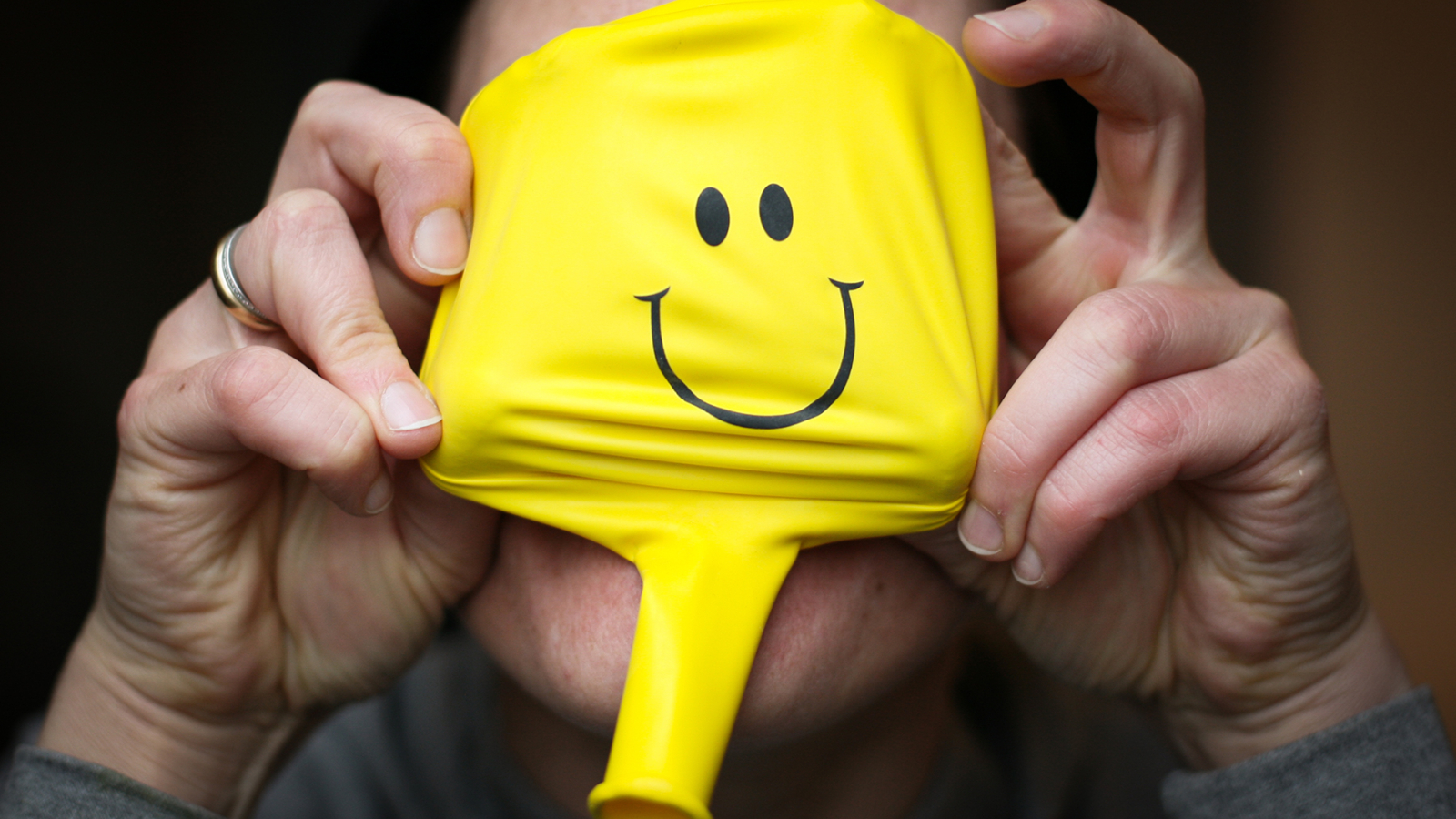
In today's society everyone wants to grow old, but nobody wants to be old. We examine this paradox in the series Movies &: Science: Forever Young. Usually, when we talk about being or feeling young or old, the conversation quickly moves to the question of appearance. In the documentary Beauty CULTure,director Lauren Greenfield investigates our obsession with beauty, youth and the influence of photographic representations on women's body image. How do these images affect the way we see ourselves? What norms underlie these beauty standards? Anthropologist Dr Noortje van Amsterdam (UU) shares her view on the documentary, explaining what imagery does to our understanding of beauty and health.
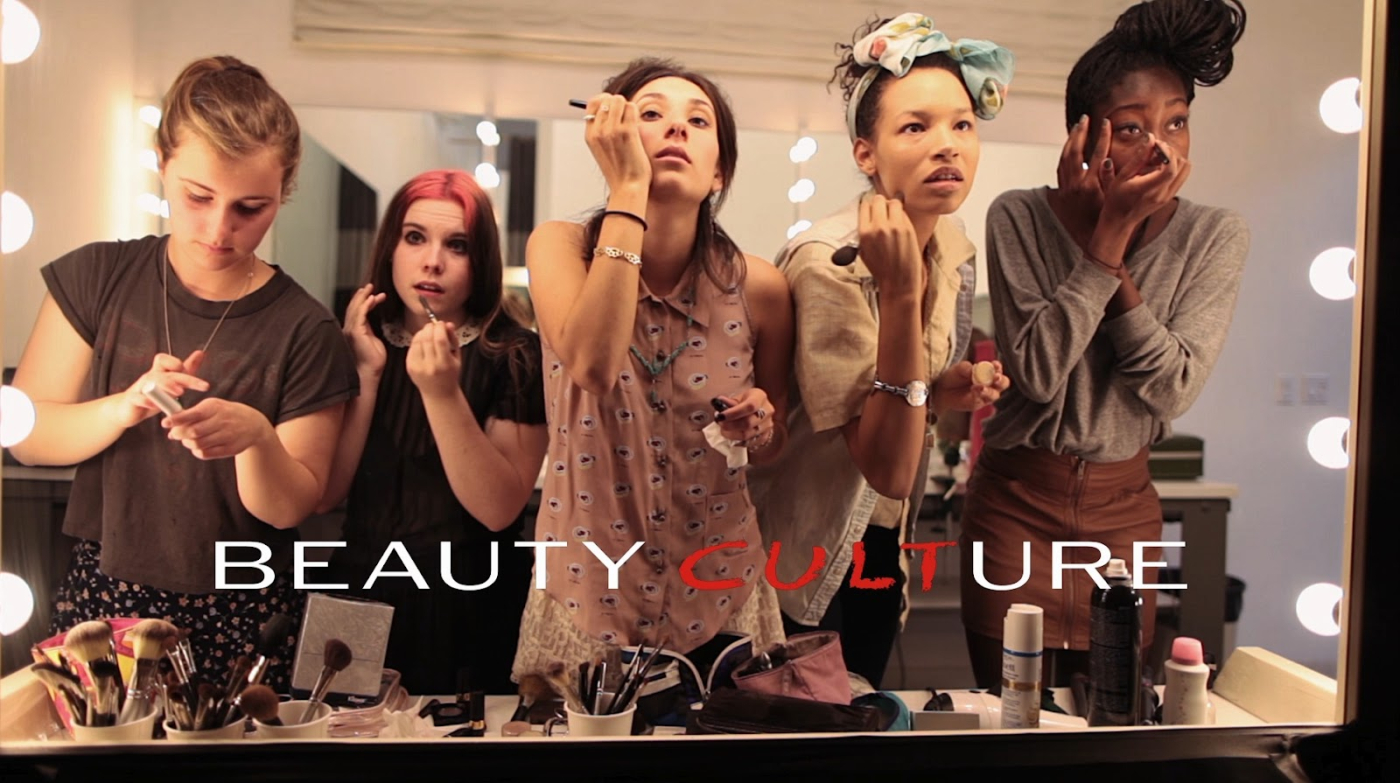
The young and beautiful
In Beauty CULTure fashion photographers, child pageant stars, teenagers, models and artists talk about the constant pressure to look good. But what does looking good mean? Beauty ideals are very narrowly defined and heavily influenced by the media. Being beautiful means that you are thin, have luscious lips, a symmetrical face and a fair skin.
Actress Jamie Lee Curtis is critical: "Don't you want the way you look every day, to be the epitome of beauty?" In contrast, we see Jackie Goldberg, an elderly pageant queen, whose face has been a canvas for plastic surgeons. Every day at six in the morning she puts her make-up on. Why? "Excuse me," she says, "I'm single. What if the Fed-Ex man knocks on the door and he's cute?" Looking good for a (potential) partner seems to be crucial to our concept of beauty. The evolutional drive for reproduction, the documentary suggests, is what motivates it, and that is why both the elderly pageant lady and the 5-year old beauty queen want to look like a fertile 21-year old.
Dr Noortje van Amsterdam explains that beauty has a normative dimension. The essence of beauty in much of the Western world is a young, feminine, thin, white, heterosexual, able-bodied, well-dressed woman. Looking like that almost automatically makes you a 'good' person. If you in any way deviate from these norms you are disqualified from being beautiful and this makes you 'less worthy'. The images of beauty we are confronted with every day, she argues, perpetuate these standards, while continuously conveying social messages about the 'right' gender, sexual orientation, age, race, social class and (dis)ability.
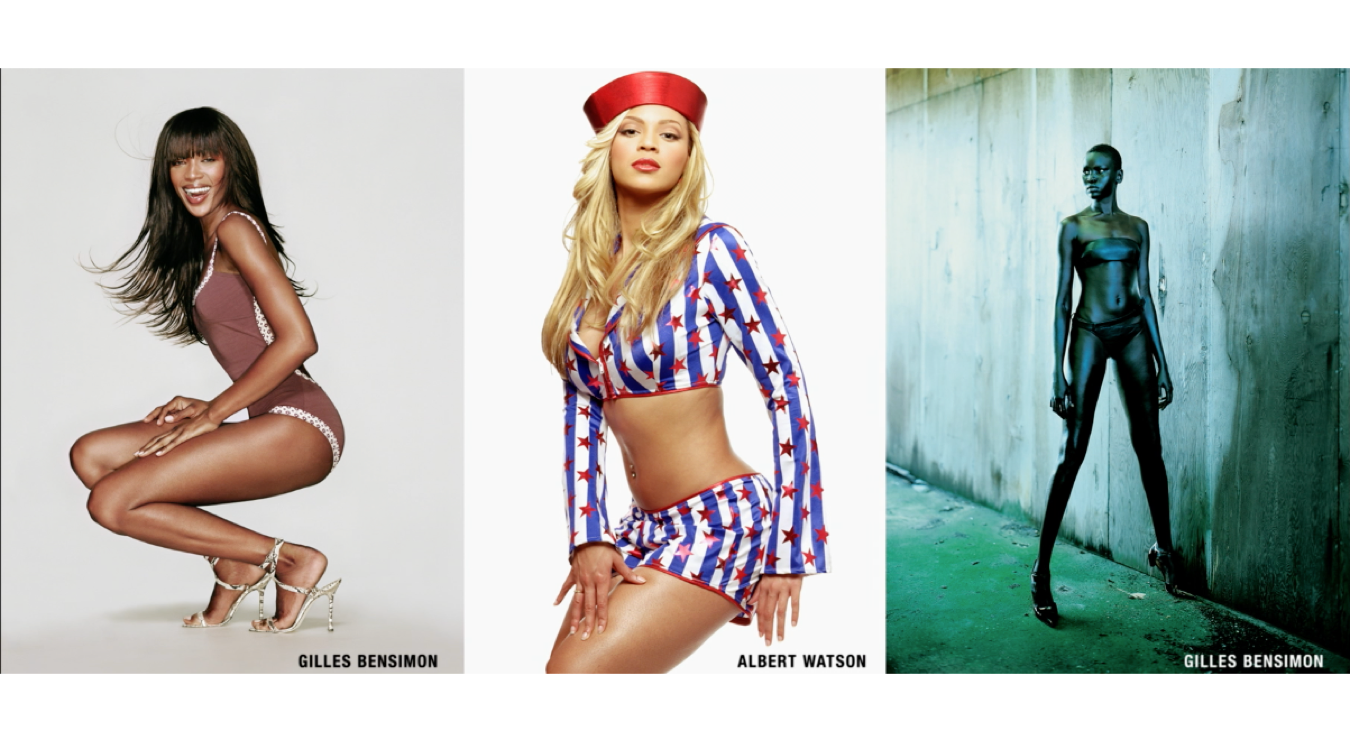
The healthy and beautiful
Can't we just ignore these images? We all know celebrities and models are heavily Photoshopped, right? Still, everyone attending the screening - except for two men - said they are influenced by beauty ideals. Van Amsterdam notes that what we think of as beautiful in Western societies is highly influenced by today's health discourse. Looking good, as a woman, means looking healthy: the standards are basically the same (thin, white, feminine). But does being thin always mean being healthy, and vice versa? What we must not forget, according to Van Amsterdam, is that health, just like beauty, isn't a neutral concept. It has a strong normative dimension. Those who are in control of their diet and lifestyle choice, are virtuous. Take for example the 'fitgirls' on Instagram, whose message seems to be: "We are fit, we worked hard to be fit, so we are good persons." People who don't adhere to the standard are often depicted as bad persons. They are considered lazy and fat, sinners in a society where being thin is the norm. This obesity discourse, as Van Amsterdam calls it, is harmful, reinforcing a culture of shaming bodies that deviate from the norm.
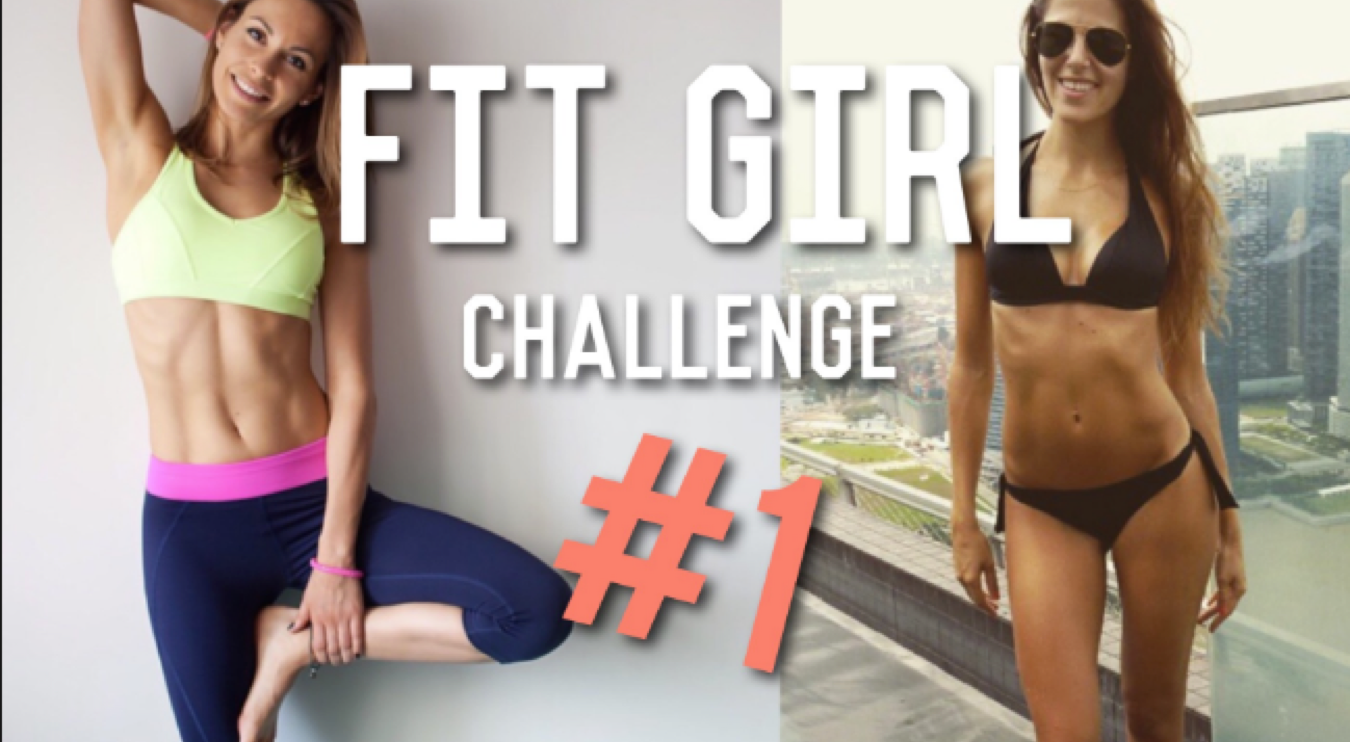
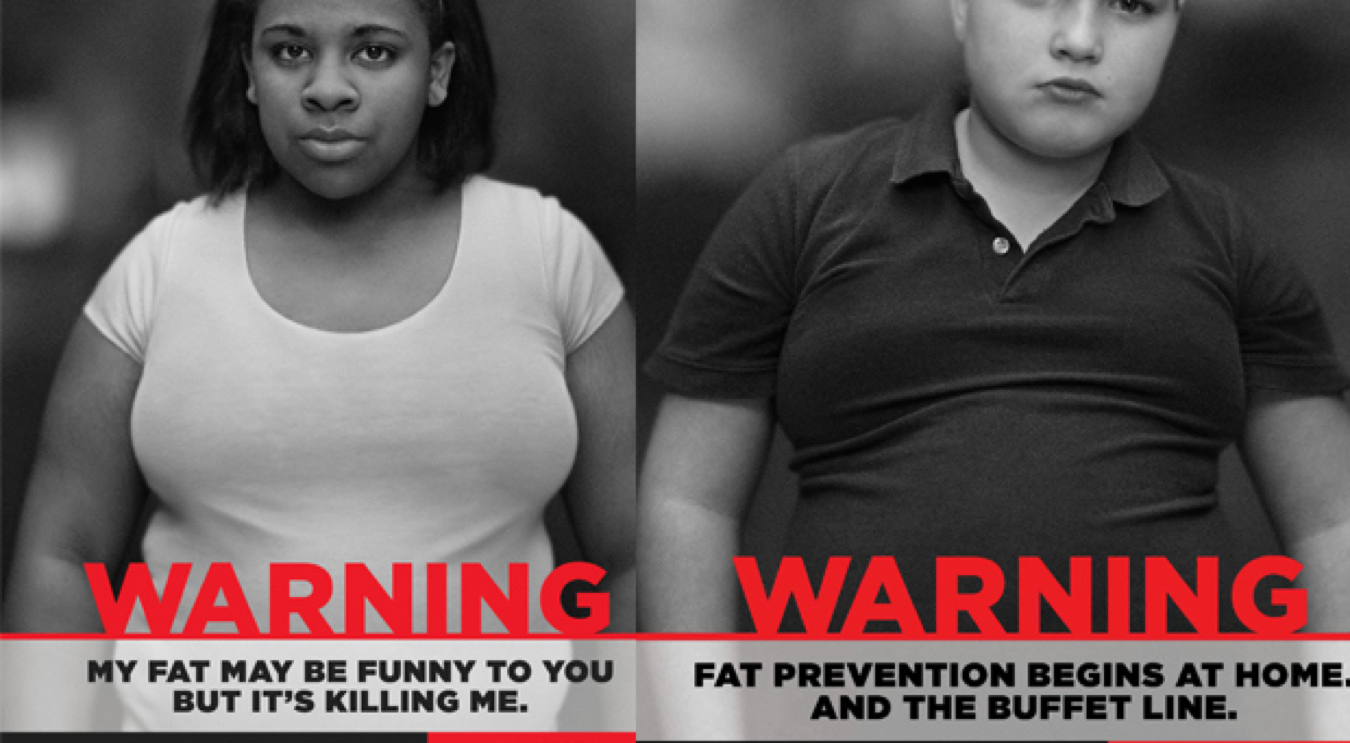
This stigmatising of people who don't fit the perfect healthy picture isn't only apparent in the media. The government, campaigning for healthy lifestyle, actively marginalizes fat people by using explicitly negative imagery. Fortunately, there has been a rise in online movements fighting this so-called fatphobia. A platform such as Tumblr has many blogs that try to make our image of health and beauty more inclusive. This bottom-up approach shows that fatphobia is real, as people share stories of discrimination in everyday life and medical settings (see, for example: http://itgetsfatter.tumblr.com). It brings awareness to the implications of the obesity discourse and opens up our definitions of what a healthy body should look like. Or as Van Amsterdam puts it: "We should celebrate all bodies".
The next episode of Movies &: Science is on March 27th. We then screen Autumn Gold. Follow five seniors who defy all stereotypes about being old. They are wrinkly, funny and energetic, and have only one goal: to compete in the track and field World Masters Championships. Q&:A with Dr Marielle Emmelot-Vonk (Geriatrics, UMC Utrecht). Is feeling young and healthy just a state of mind? Get your free tickets!




